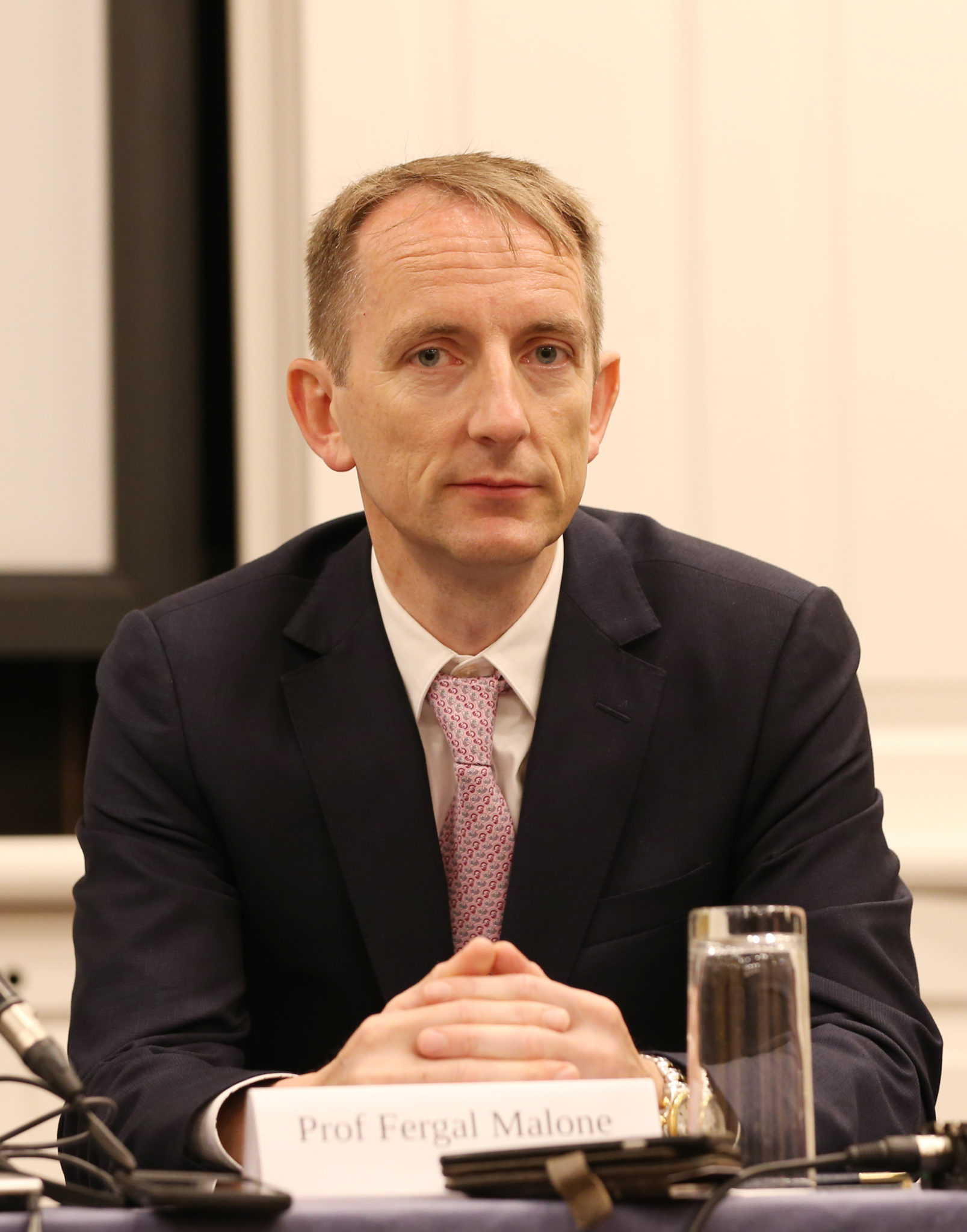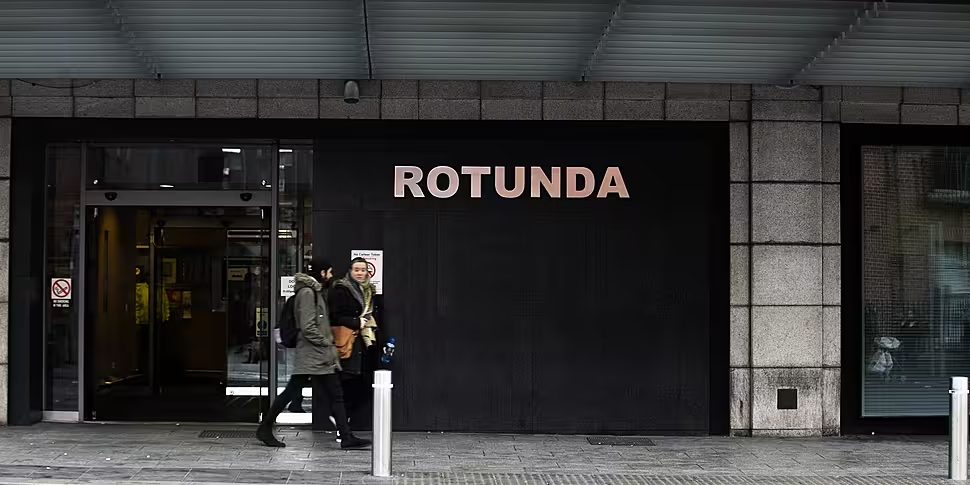There is no evidence of an increase in stillbirths since the coronavirus arrived in Ireland, according to the Master of the Rotunda.
It comes after health officials said they had received preliminary reports linking COVID-19 to four recent stillbirths.
The HSE and the Institute of Obstetricians sent alerts to maternity staff around the country after post-mortems identified COVID-19 infection of the placenta as a factor.
On The Pat Kenny Show this morning, the Master of the Rotunda Hospital in Dublin Professor Fergal Malone said it is too early to say whether the virus caused the stillbirths.
“Unfortunately, we would see probably in excess of about 200 stillbirths every year so, in the middle of a COVID pandemic, it is probably not a surprise that a number of those have been found to have evidence of COVID in the placenta,” he said.
“Of course, there is a big difference between finding something in the placenta and confirming that it caused the stillbirth and that is the piece that we don’t know yet.
“So, there is a difference between causation and association and at the moment we are at association, not causation.”
 The Master of the Rotunda Hospital Professor Fergal Malone, 21-05-2018. Image: RollingNews
The Master of the Rotunda Hospital Professor Fergal Malone, 21-05-2018. Image: RollingNewsProfessor Malone said the UK tracks stillbirths “very, very closely” and there was no increase recorded there, “even at the height of the pandemic” – and the situation in Ireland appears to be the same.
“So far, to the best of our knowledge and certainly here in the Rotunda, we are not seeing any increase in stillbirth rate,” he said.
“We have looked after over 200 women in the Rotunda who have had COVID infection in pregnancy and thankfully all have done well from a baby perspective and other than a very small number of mothers who have been temporarily quite sick, all have also done well.
“So certainly, as the busiest maternity hospital in the county, we have not seen any increase in stillbirths or anything like that that would make us concerned.”
Vaccine
Professor Malone said he is a “strong advocate for COVID vaccination in pregnancy” and called for pregnant women to be moved up the vaccine priority list.
“I have no logical reason to think that the COVID vaccines available to date would be dangerous in pregnancy,” he said.
“The current recommendation is, if you are between 14 and 33-weeks’ gestation, you can and should get the vaccine.
“I would like to see in fact, pregnant patients brought up the priority list.
“We know there are some high-risk co-factors that go along with pregnancy, for example, obesity, diabetes and hypertension, that do leave people at a higher risk of getting sick with COVID.
“So, for all those reasons we believe that pregnancy should not be the last of the groups to be vaccinated – it should be a higher priority.”
Pregnancy
He said the safest thing for pregnant women to do now is to continue following along with their ante-natal visits.
“Don’t put off your ante-natal visits,” he said.
“Maternity Hospitals are very safe places so that is one of the factors that I think can help with a good pregnancy outcome.”
Announcing the stillbirths last night, the Deputy Chief Medical Officer Dr Ronan Glynn said the link between COVID-19 and the stillbirths has yet to be confirmed.
He said there was no reason for pregnant women to change their behaviour.
You can listen back to Professor Malone here:









